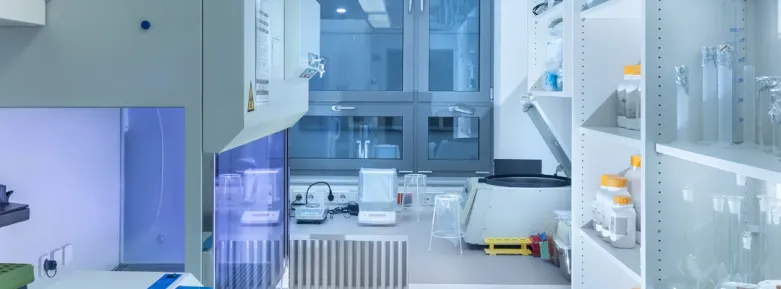How to Pick a Pharmaceutical Job that’s the Perfect Fit For You

The pharmaceutical industry in Ireland is huge and it’s rapidly growing! It’s important to pick a job path you’re a good fit for. Doing so will help you find more fulfillment and purpose in your career.
But various job types span many departments all within one industry. Some departments include:
-
research and development
-
manufacturing and production
-
and marketing and distribution
So if you’re researching jobs within the pharmaceutical industry, there are plenty of opportunities! We’ll unpack some of the top jobs here.
What Types of Jobs are Available within the Pharmaceuticals Industry?
When you think of jobs within the pharmaceutical industry, you may think of wearing a lab coat and protective eye wear.
While that may be true, not all jobs fit into that box! So, if you’d rather have a different environment within the sector, that’s possible, too.
Between a biochemist or marketing representative, there’s no dearth of opportunities to choose from.
Jobs Within Pharmaceutical Industry: Research and Development
Job Type #1: Biochemist
Biochemists study medicines, which are made up of chemicals, and how they react with muscle tissue and cell development in humans. That’s where the name “biochemist” comes from - the combination of biology and chemistry as they work together.
ROLES AND RESPONSIBILITIES
As a biochemist, you’ll need to:
-
study research projects
-
work within a laboratory team
-
and present your research to scientists and other associated departments
You’ll often analyse DNA, cell development, and the effects of medical drugs and food in humans. Get ready to use equipment like laboratory microscopes, lasers, and modelling software on your computer.
Job Type #2: Clinical Research Associate
As a clinical research associate, you’ll take part in running clinical trials. This happens once certain medications have passed through the research and development department. Then they need to be monitored when used.
ROLES AND RESPONSIBILITIES
With a position as a clinical research associate, you’ll be responsible for:
-
Setting up trials and conducting research studies on your patients
-
Checking how their bodies react to specific medications they take
-
Reporting your findings to your team and your superiors
Jobs Within Pharmaceutical Industry: Manufacturing and Production
Job Type #3: Quality Assurance Technician
Quality assurance technicians make sure quality guidelines are met for medications and devices.
ROLES AND RESPONSIBILITIES
As a quality technician, you’ll be responsible for:
-
Familiarising yourself with testing procedures and quality guidelines for the product you’re producing
-
Implementing guidelines into the creation of products
-
Inspecting medications and devices in a particular part of the production process
-
Creating reports of the production and presenting those to your quality assurance manager
Don’t worry! You won’t be responsible for every phase of production. That way, you can become a master at your one phase of producing the product, and you’ll catch anything that doesn’t meet guidelines.
Job Type #4: Process Technician
A process technician works side by side with quality assurance technicians. Quality assurance technicians ensure products are of top quality. On the other hand, process technicians work to make sure the machinery is up to speed.
ROLES AND RESPONSIBILITIES
As a process technician, you’ll be responsible for:
-
Being acutely aware of how machinery operates
-
Monitoring machinery and identifying any problems that arise from them
-
Making sure the production process runs efficiently by reporting any faults or breakdowns
Job Type #5: Medical Sales Representative
A medical sales representative takes the product to healthcare offices and companies to promote and sell the product.
ROLES AND RESPONSIBILITIES
In this role, you’re responsible for:
-
Selling the product to doctors’ offices, pharmacies, and other professionals
-
Scheduling appointments to meet with healthcare professionals
-
Maintaining excellent business relationships with professionals to make repeat sales
-
Knowing the product inside and out so you can speak to it appropriately
-
Staying aware of competitors’ products so you can speak to those, as well
